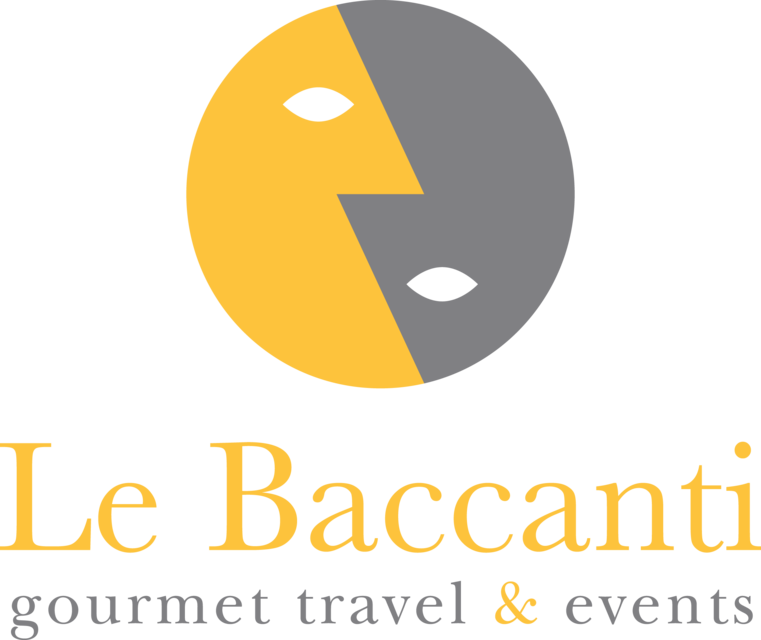by Filippo BartolottaDecanter World Wine AwardsLike every last week -more or less- of April, I am in London for a full week of tasting for the Decanter World Wine Awards. Wine tasters from each corner of the planet come along this week to gather in West London to taste over 10.000 wines. The tastings atDecanter Magazine are carried out in the most civilised way possible. Judges are seat around a table in groups of 3-4 people and taste flights of roughly six wines at the time only knowing the region, the Appellation, the vintage and the price brackets. Usually in each panel there's a Master of Wine, an on-trade expert (like an importer) a regional expert (like myself) and the chairman who joins in every once in a while. We taste and discuss winesin the most open-minded way possible. Richard Baudains and Jane Hunt MW, the Italian Chairman, play a key role in allowing different prospective to stick out at the table as well as less loud voices to have their say!This is crucial to reach the most non-judgmental results possible and the fairest possible.I have been doing this competition from day one for the past six years and it is one of the most stimulating tasting environments I have ever been. There are a few reasons behind it.For a start the organisation and the logistics are terrific. There is a team of RED-SHIRTs extremely professional and committed to help throughout the week of tasting. This people look after us bringing the wines at the tables, clearing spittoons, arranging the tasting sheets, glasses, etc. Then the international high caliber judges coming from all over the world, make the panels extremely exciting even if sometimes the wines areneurot. Wine makers, journalists, importers, MWs, sommeliers and other expert gather together around table to taste, but also discuss about wines. Every year I feel I grow a little bit more, learning new tasting approaches, points of view and tasting philosophies.The more I go ahead with this profession and the more I realise how humble one has to be in judging wines and hoe personal and subjective an experience it is and howdifficultis to give a wine a Gold.Listening to yourself and to the fellow taster is the key to interpret, evaluate, describe and then score a wine. We not only talk about how well made the wine is -balance, structure, intensity, lenght, etc- but also whether or not it reflects the regional and appellation style, whether or not the wine ha got sufficient character and if there is value for money. The scoring system is a 20/20 scale. 14 is fair14.5-15.4 Commended. This means that the wine is worth drinking and that the judges feel they can happily recommend to a friend15.5-16.9 Bronze17-18.4 Silver18.5-20 GoldWhen a wine is faulty or in bad shape, we always ask for a second bottle to make sure that we areneurot discharging anything because of a bad bottle. The way we get to a final result is averaging out our score, but also listening to each and every taster point of view on it. This way it can sometimes happen that, on second thoughts, a high Silver wine with, say an austere style, is promoted to Gold, as well as a Gold wine brought down to Silver for a too obvious -in your face- attitude. Anyhow if three people are Gold, then the wine is a gold. If instead there is a strong disagreement, then is the chairman job to solve it, listening to the panel and taking a final decision.So it can happen that a wine gets a Gold, but one of us disagree. Like my friend and colleague Walter Speller says: when that happens I feel I should go wash dishes, that way I make no mistakes!:). The point is that iteuros impossible always to agree, even among professionals over a few hundred wines. Other great thing of the Decanter World Wine Award? They pay judges a professional fee and the give us a free beer-token for the near by pub!On the last day I almost missed my flight home as we had a few token collected throughout the week. Good thing I was put in the right path by one of this friends!In London I have actually some of my best friends and they all come from different continents. When every April I am there it isneurot just the time for professional meetings and business but also to share with friends.This year might have been a more worrisome then in the past as when I got in London the swine flu was beginning to burst out. Following the world news in a place like London, where the world gathers up, is very different as people make completely different remarks to respect everyoneeuros point of view. Take my little football match at Regenteuros park. The two teams were made of two Scottish, on Portuguese, one Australian, one Kiwi, on Greek-American and of course one Italian. Needless to say that my team won!:)Ieuroll tell you more about the rest of London, with iteuros pints and salt beef bagels soon.




